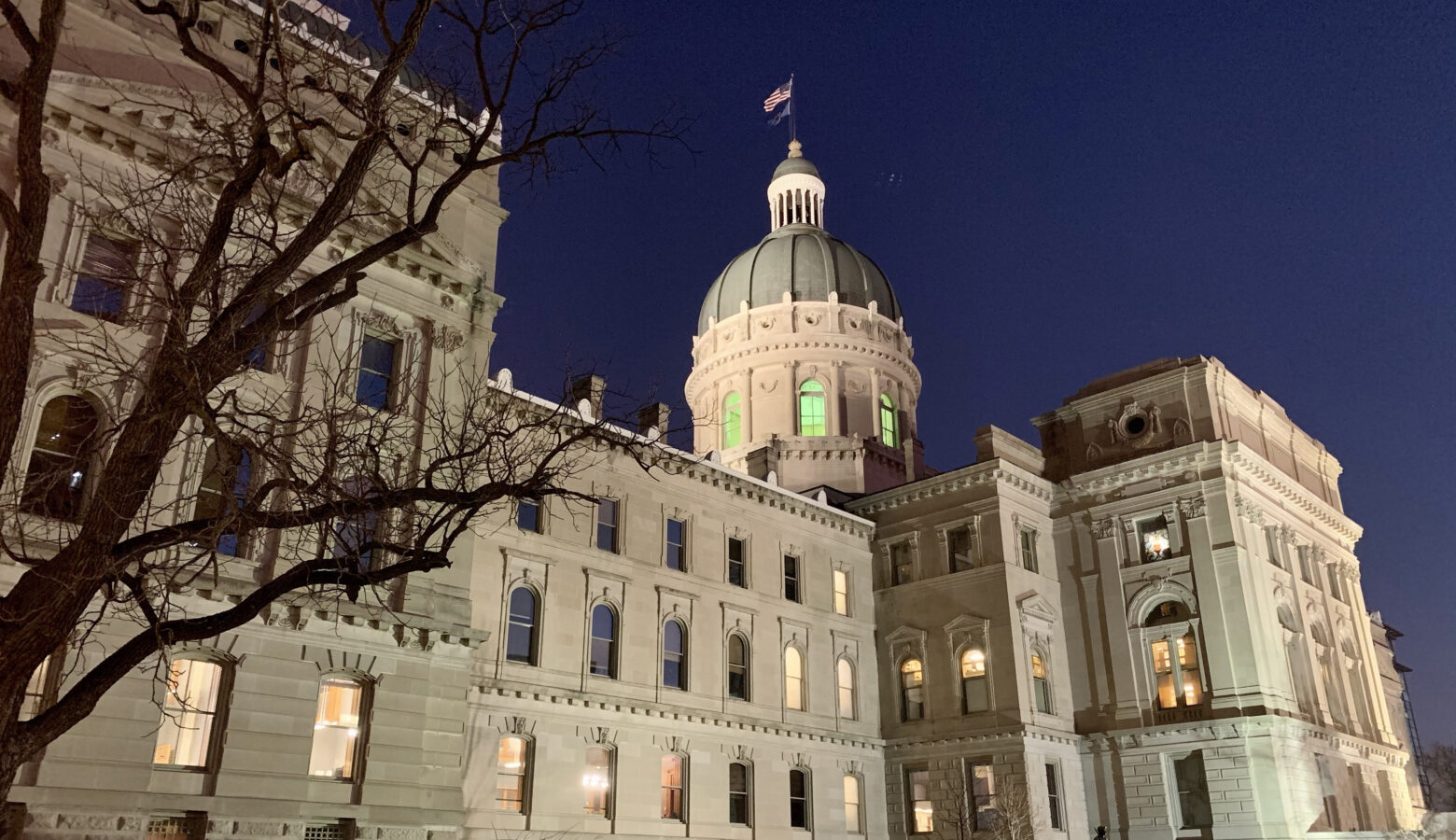Legislation closes loophole, expands Indiana’s child seduction law

A bill aimed at closing a loophole in Indiana’s child seduction law was significantly expanded by a Senate committee this week.
The age of consent in Indiana is 16. But long-standing law has still made it illegal to engage in sexual contact with a 16- or 17-year-old for certain people in positions of power. That includes teachers, law enforcement officers, step-parents, military recruiters and coaches.
But under current law, coaches only count if they’re affiliated with a school. Courtney Curtis, Indiana Prosecuting Attorneys Council assistant executive director, said traveling teams, gymnastics, cheerleading and other sports are often unaffiliated with schools.
“It doesn’t really make sense to have a coach only be prosecutable if they are affiliated with a school, versus independent,” Curtis said.
Independent coaches would now be included under HB 1228.
Join the conversation and sign up for the Indiana Two-Way. Text “Indiana” to 73224. Your comments and questions in response to our weekly text help us find the answers you need on statewide issues throughout the legislative session. And follow along with our bill tracker.
A Senate committee’s addition to the law: workplace supervisors who are at least four years older than their 16- or 17-year-old employee would now fall under the child seduction statute.
Zack Stock, Indiana Public Defenders Council legislative counsel, said his organization supported the general idea, but opposed the bill. He argued the child seduction statute is getting overly complicated and suggested lawmakers explore a better way to define positions of power and trust, instead of listing out specific professions.
Brandon is our Statehouse bureau chief. Contact him at bsmith@ipbs.org or follow him on Twitter at @brandonjsmith5.
